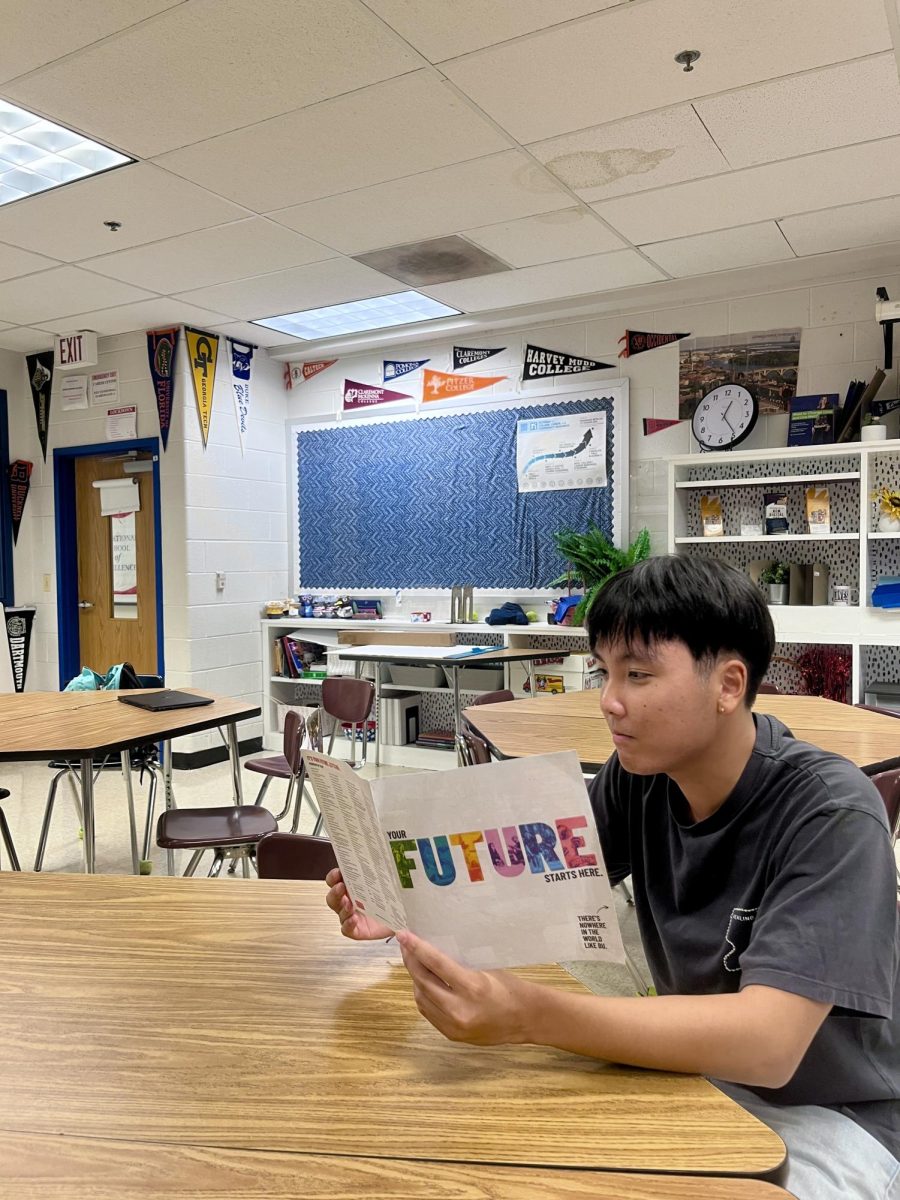Kirby Child
commons editor
Superstitions are common across the country. According to Connecticut College psychologist Stuart Vyse, “Over half of Americans have some kind of superstition that they believe in.”
Jinxing and knocking on wood are two of the most common examples of superstition. Even people who are not superstitious sometimes knock on wood without thinking about it, or become paranoid if they jinx themselves. According to The New York Times, “Research finds that people, superstitious or not, tend to believe that negative outcomes are more likely after they ‘jinx’ themselves.”
Another common superstition is that Friday the 13th is an unlucky day. “I always get paranoid before Friday the 13th because I feel like something bad is going to happen,” junior Madison Linn said.
At this school, some students believe that an article of clothing, object or ritual is their key to success. Students can be superstitious about sporting events, academic assignments or tests, competitions and auditions.
Sophomore Maya Erd is superstitious about field hockey games. She has one lucky sock that has a hole in it. She thinks this sock has a magic ability to make her play better. “I wore them to my first JV game ever, and ever since I’ve worn them to every home game, and if I don’t have them [I believe] I will play really badly and we will lose,” Erd said.
Freshman Alain Bilounga, who is on the school’s varsity football team, is superstitious during football games. He thinks that a piece of jewelry he wears the every game will affect how well he plays. “I have a lucky necklace that I wear to my football games,” Bilounga said.
Other people do not believe in superstitions. Sophomore Anela Trakic is on the school’s cross country team, but she does not think wearing something specific or doing a specific ritual before every meet will affect how she does. “I don’t think something like an article of clothing could be lucky,” Trakic said.
Ceramics teacher Unsil Kim thinks superstitions are unrealistic and therefore she does not believe in them. Kim finds it amusing that people think precautions like knocking on wood will prevent something bad from happening. “I think superstitions are funny, but I don’t believe in them,” Kim said.






![Editors-in-Chief Ahmed Ibrahim, Helen Manolis, Cameron Cowen, Alex Grainger, Emory Scofield, Hayley Gottesman, Rebekah Buchman and Marley Hoffman create the first print magazine of the year during the October press days. “Only a quarter of the schools in MCPS have programs that are like ours, a thriving, robust program. That makes me really sad. This is not just good for [the student journalists] to be doing this, it’s good for the entire community. What [student journalists] provide to the community is a faith in journalism and that continues for their lifetimes," Starr said.](https://woottoncommonsense.com/wp-content/uploads/2025/10/wmpoFTZkCPiVA3YXA4tnGoSsZ4KmnKYBIfr18p3l-900x1200.jpg)
